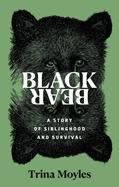South African author Zoë Wicomb, "who wrote from self-exile in Scotland and drew global praise for fiction that rendered with nuance and wit the life of mixed-race people like herself during and after apartheid," died October 13, the New York Times reported. She was 76. Wicomb left South Africa in 1970 to put, as she later described it, "the whole oppressiveness" she felt under apartheid behind her. She taught secondary school before embarking on a literary career in her 30s.
She wrote four novels, two short-story collections and a book of essays, and became, as South African author and Nobel laureate J.M. Coetzee, put it, "the most significant of the writers who quit South Africa in the 1970s to get away from the grinding pressures of apartheid.... From her eyrie in Scotland, yet with roots deep in pre-colonial Africa, she explored in one book after another the modalities of South African experience, in language whose wit and irony masked a deep seriousness."
Wicomb's first book, You Can't Get Lost in Cape Town, was published in 1987 and received enthusiastic reviews, while her first novel, David's Story (2000), "is set during South Africa's transition out of apartheid." A collection of loosely connected stories, Cape Town, "offers scenes from the life of Frieda Shenton, a mixed-race girl growing up under apartheid, from childhood to young adulthood," the Times wrote.
In 2013, Yale University awarded Wicomb the inaugural $150,000 Windham Campbell Literature Prize for fiction. "The challenge," she said of her aims as a novelist in an interview that year with the website 2paragraphs, "is to capture marginal voices, thus not only a matter of my voice but, rather, one of polyphony, the many different, even contradictory, voices that engage with each other.... My project includes the recovery of minor, neglected or disparaged peoples and events."
She taught English and creative writing at the University of Strathclyde from 1994 to 2012 and also taught at universities in South Africa. Her later books include the novels Playing in the Light (2006) and October (2014); a short-story collection, The One That Got Away (2008), set in Cape Town and Glasgow; and the 2018 nonfiction work, Race, Nation, Translation: South African Essays, 1990-2013. Her last novel, Still Life (2020), was chosen by the Times as one of the 10 best historical novels of the year.
Wicomb preferred working with small literary presses, avoided using literary agents, and rarely granted interviews, the Times noted, adding that she said her writing "was a way to reconcile feeling like an émigré longing for but disconnected from her homeland."
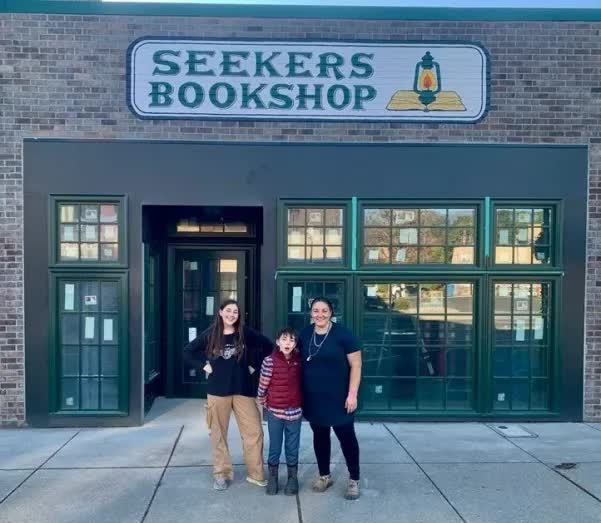 The bookstore carries general-interest titles for all ages. Alongside books, owners Lisa and Buddy Wilson offer crystals, meditation supplies, candles, jewelry, and other nonbook items. Their event plans include book clubs, author signings, and cooking classes that will be held in a kitchen space that is still under renovation.
The bookstore carries general-interest titles for all ages. Alongside books, owners Lisa and Buddy Wilson offer crystals, meditation supplies, candles, jewelry, and other nonbook items. Their event plans include book clubs, author signings, and cooking classes that will be held in a kitchen space that is still under renovation.





IPC.0204.S3.INDIEPRESSMONTHCONTEST.gif)





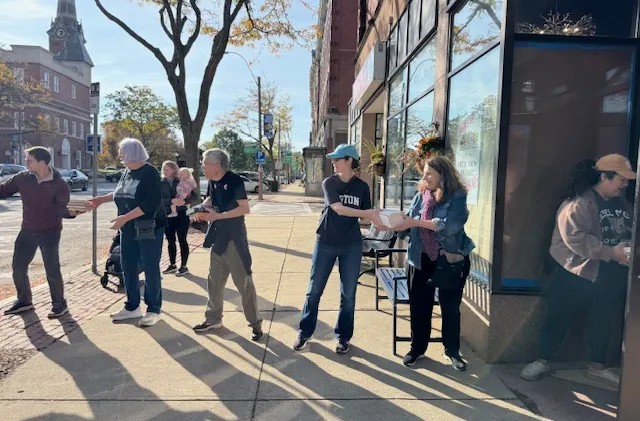 Owner Kim Rickard said that when customers learned of the upcoming move, they were eager to help: "People started to say, 'I want to help,' let's do a book brigade. I probably had 35 people ask me if they could help move. It was literally a human chain, hand to hand, arm to arm. It was such a great experience, because people met their neighbors and they started talking about the books. It was a very community-building event."
Owner Kim Rickard said that when customers learned of the upcoming move, they were eager to help: "People started to say, 'I want to help,' let's do a book brigade. I probably had 35 people ask me if they could help move. It was literally a human chain, hand to hand, arm to arm. It was such a great experience, because people met their neighbors and they started talking about the books. It was a very community-building event."
IPC.0211.T4.INDIEPRESSMONTH.gif)
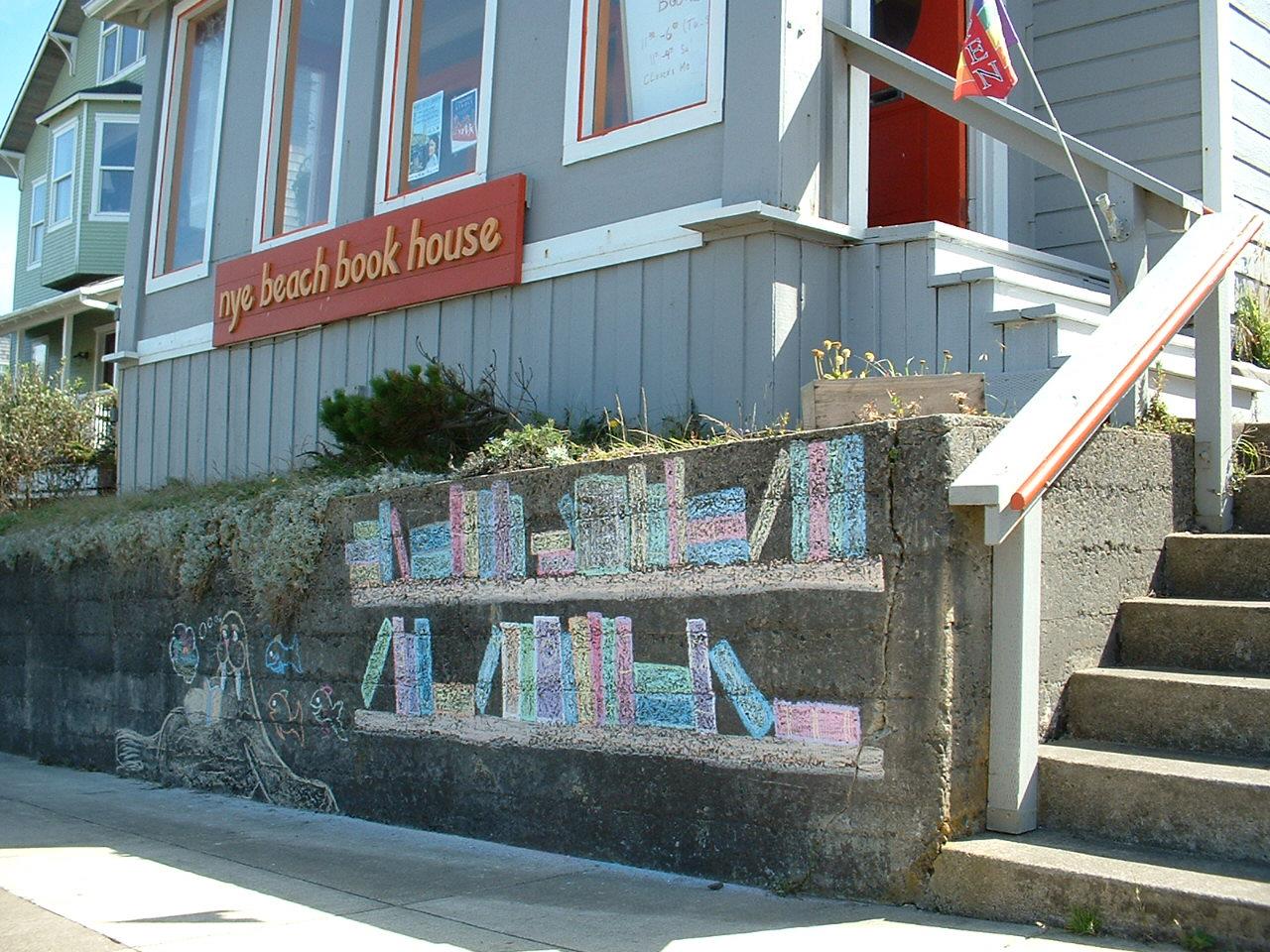
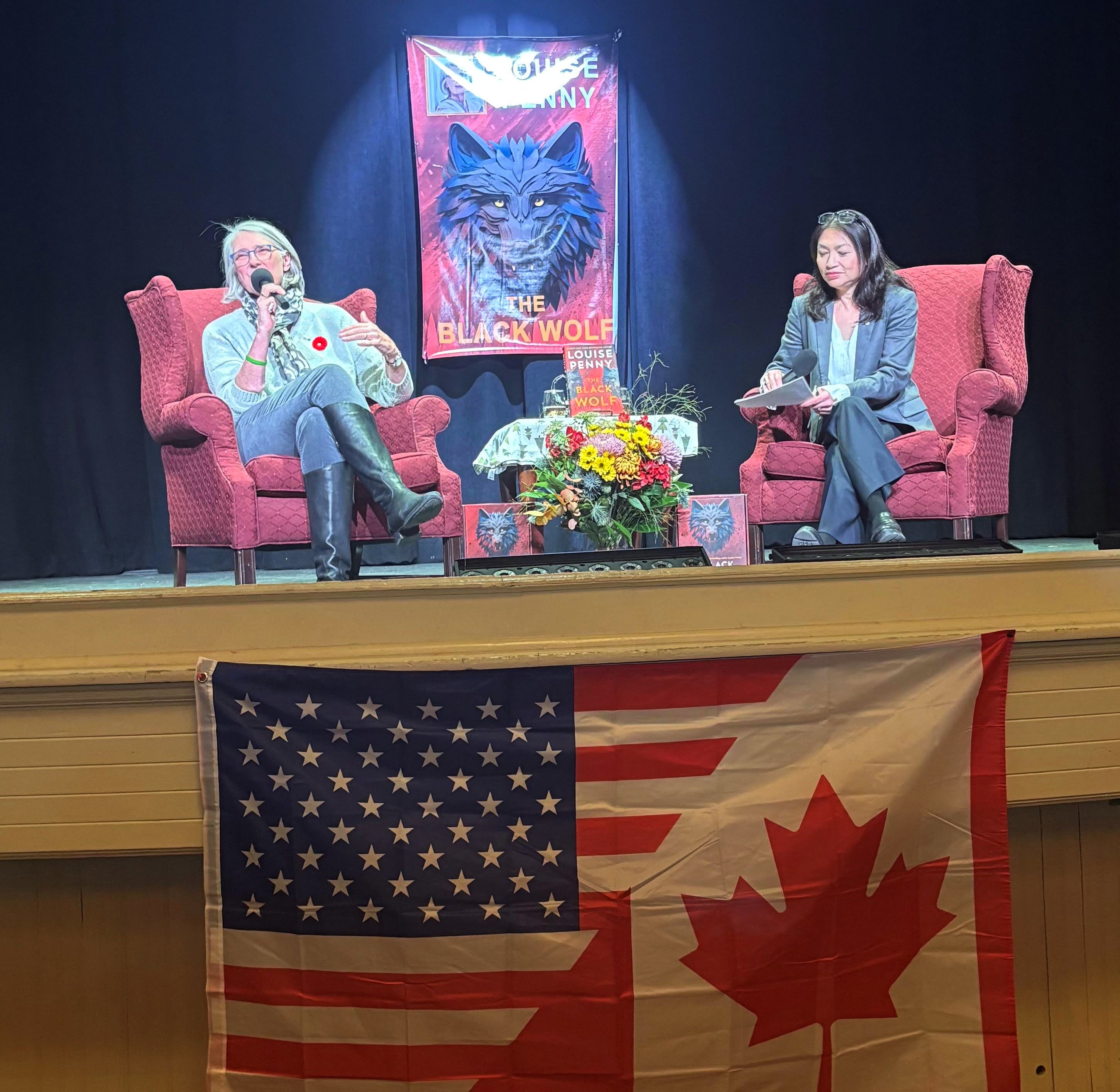
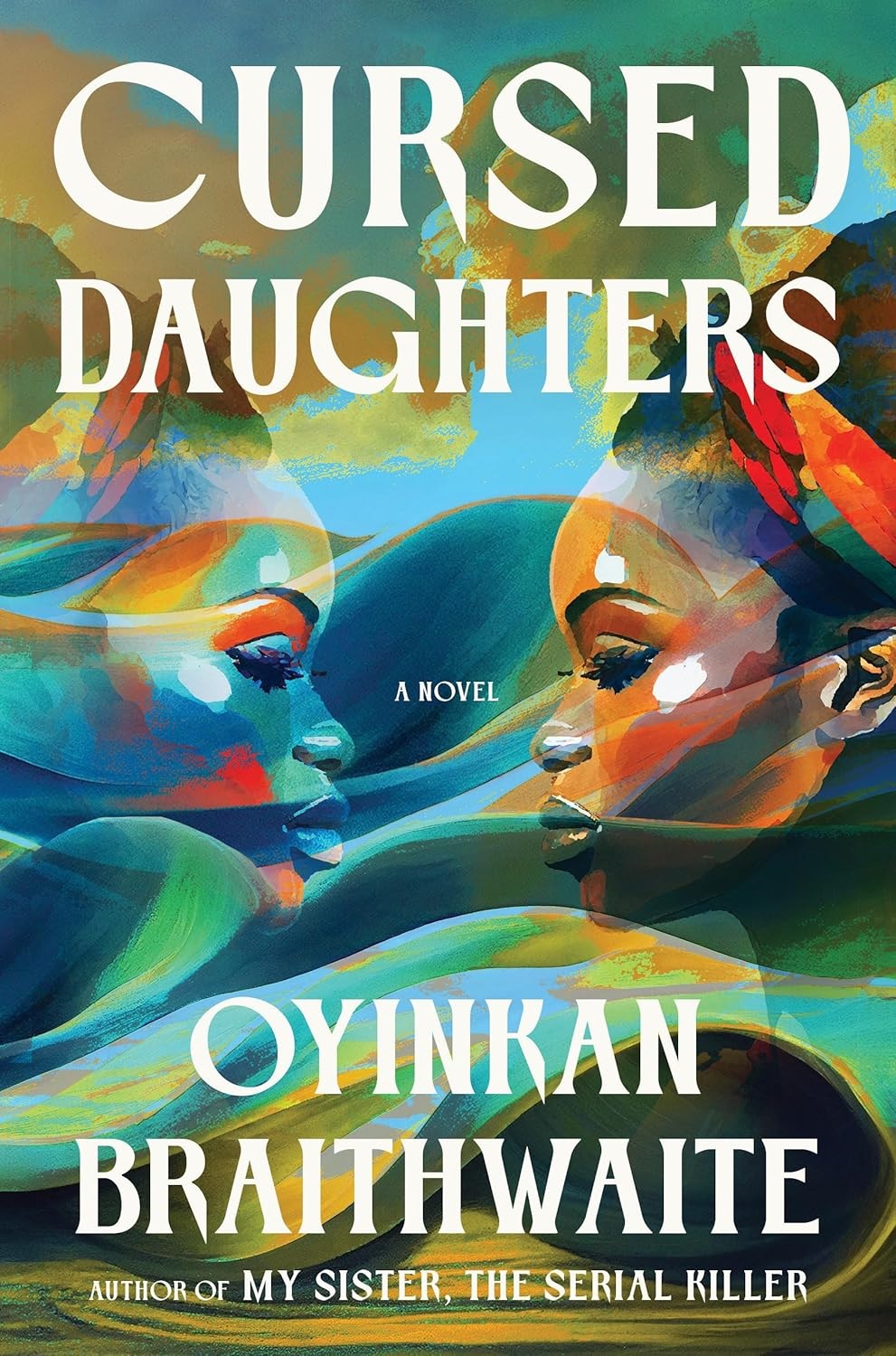 Today co-host Jenna Bush Hager has chosen Cursed Daughters by Oyinkan Braithwaite (Doubleday) as her November
Today co-host Jenna Bush Hager has chosen Cursed Daughters by Oyinkan Braithwaite (Doubleday) as her November 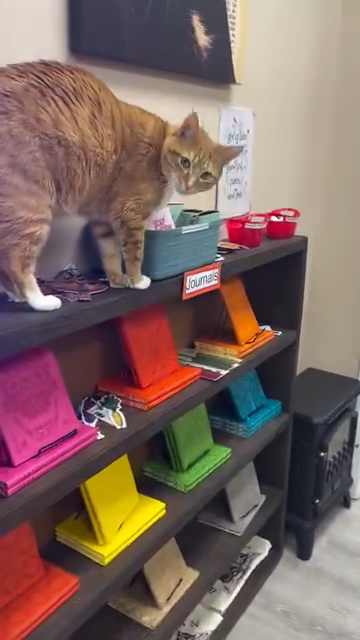
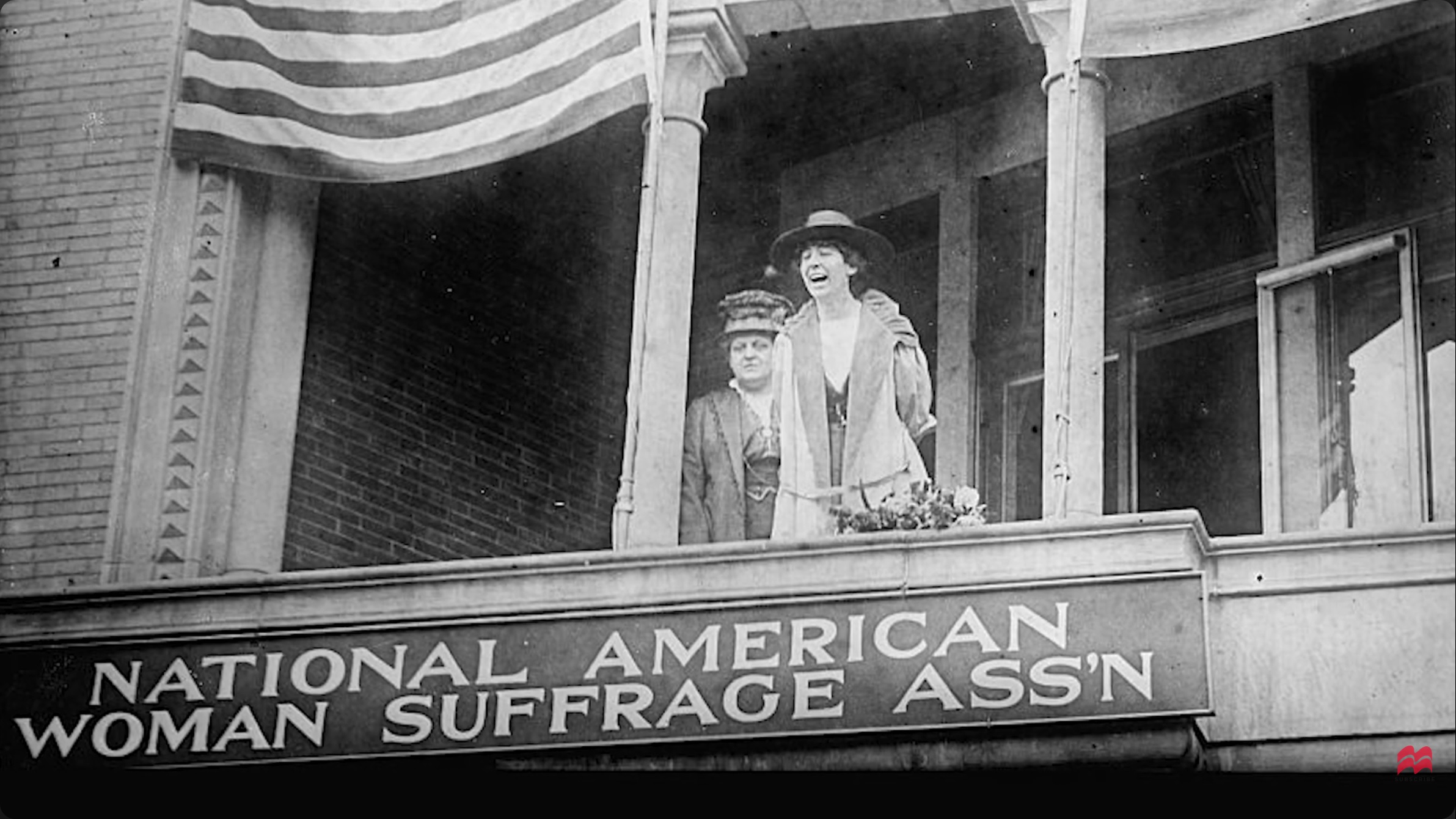 Winning the Earthquake: How Jeannette Rankin Defied All Odds to Become the First Woman in Congress
Winning the Earthquake: How Jeannette Rankin Defied All Odds to Become the First Woman in Congress
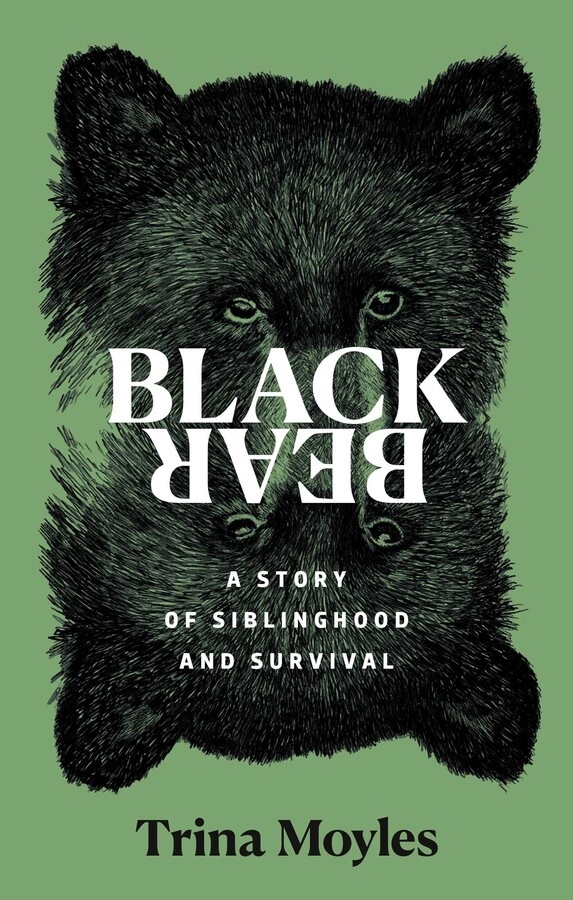 Trina Moyles's stunning second memoir, Black Bear, is an exploration of the fraught connection between humans and bears, and a tender account of her complex relationship with her brother.
Trina Moyles's stunning second memoir, Black Bear, is an exploration of the fraught connection between humans and bears, and a tender account of her complex relationship with her brother.